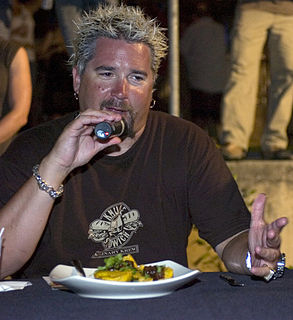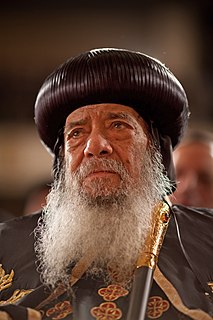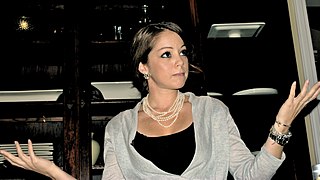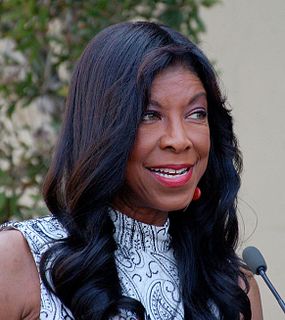A Quote by Paul Hollywood
The key thing is to educate not just kids but adults about what goes into food. You do that in any way you can, bread machine or not.
Related Quotes
The StarTalks - while kids can watch them, they're actually targeted at adults. Because adults outnumber kids five to one, and adults vote, and adults wield resources, and adults are heads of agencies. So if we're going to affect policy, or affect attitudes, for me, the adults have always been the target population.
One thing I'd like to just keep on doing is I want to educate people about animal behavior and about autism. I've been doing autism talks for the last 20 years and there still are people out there that do not want to, they can't recognize that these sensory problems are real. That, for some of these kids when that fire alarm goes off, that really hurts the ears, it's a really real thing.
In the Lord's discourse on spiritual nourishment, we hear Him says: "Do not labor for the food which perishes, but for the food which endures to everlasting life." (John 6:27). He then continued by talking about the true bread from Heaven the bread of God, and the bread of life. (John 6:32-35). Here He appeals to the soul for its nourishment and our thoughts to the spiritual way so as not to occupy our minds with the body and its needs.
You can't train kids in a world where adults have no concept of what science literacy is. The adults are gonna squash the creativity that would manifest itself, because they're clueless about what it and why it matters. But science can always benefit from the more brains there are that are thinking about it - but that's true for any field.
We are not going to have a situation where our education spending goes back to its lowest level since the year 2000 despite a larger population and more kids to educate. We know that the single most important thing in terms of how well we can compete around the world is the quality of our workforce. We can't do that to our kids.
[E]verywhere I'm looking at kids, adults mostly don't seem to like them, not even the parents do. They call the kids gorgeous and so cute, they make the kids do the thing all over again so they can take a photo, but they don't want to actually play with them, they'd rather drink coffee talking to other adults. Sometimes there's a small kid crying and the Ma of it doesn't even hear.
People will ask me, "How do you approach writing books for young readers differently than for adults?" My answer is always: I don't change anything about the story itself. I'm going to tell kids the way things really were. What I don't do - and this is the only thing I do differently in writing for kids - is that I don't revel in the gory details. I allow readers to fill in the details as necessary. But I don’t force kids to have to digest something they’re not mature enough or ready for yet. If they are, they can fill in the details even better than I could, just with their imaginations.





































